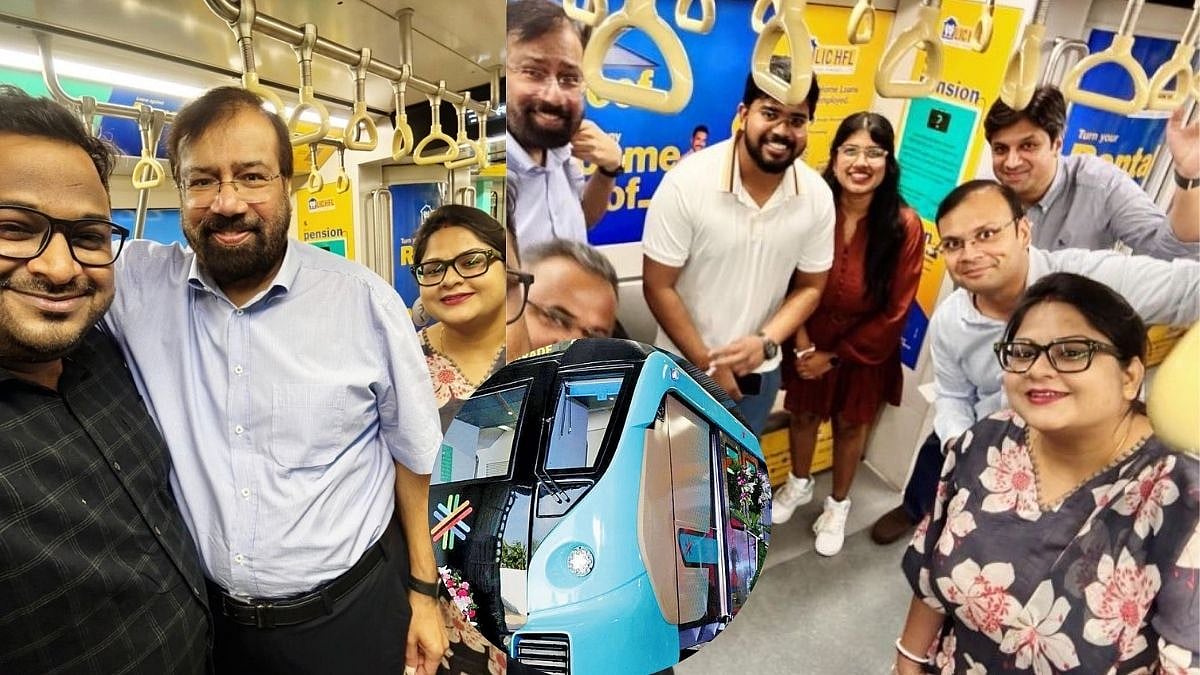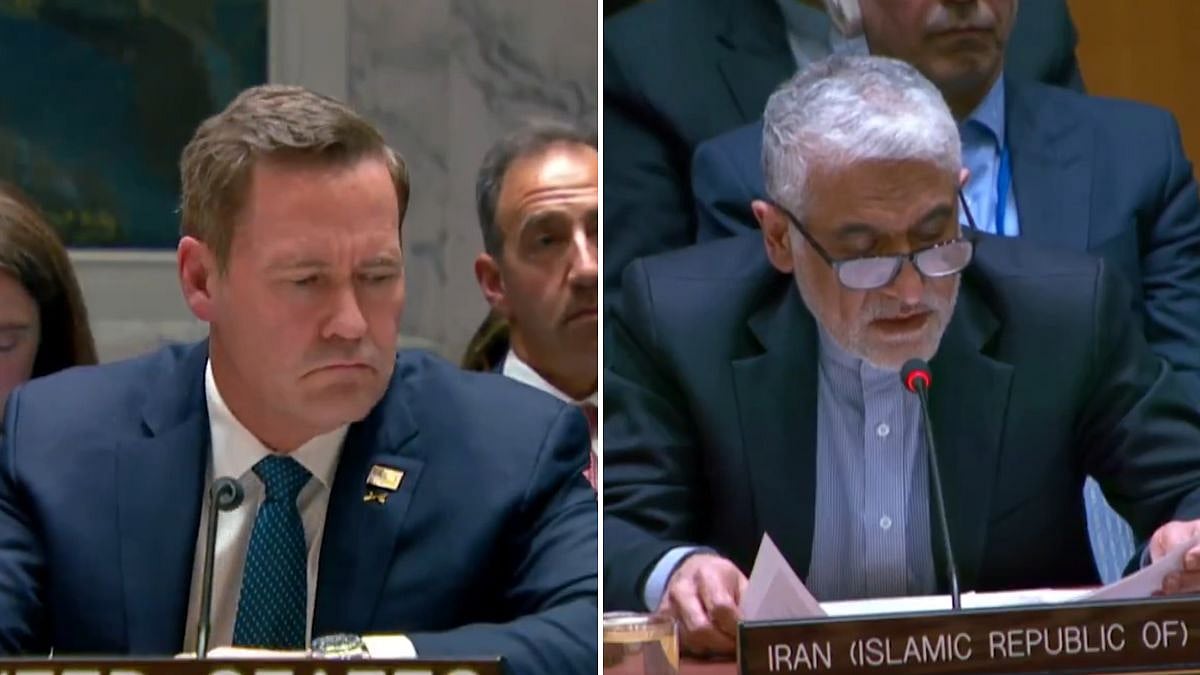As Mumbai and Pune brace for winter—a season known for worsening air quality—a recent consumer survey has revealed overwhelming support for last-mile delivery companies to transition to electric vehicle (EV) fleets to reduce emissions. The survey, conducted by the Sustainability Mobility Network (SMN), showed that 99% of respondents in both cities recognize the importance of switching to EV fleets to help curb air pollution.
The findings, released on World EV Day (September 9), highlight growing consumer concern over the environmental impact of the last-mile delivery sector, which currently emits around 500,000 tonnes of CO2 annually. The survey also revealed that 70% of consumers are willing to switch to brands that demonstrate strong commitments to reducing emissions and taking concrete action to combat climate change.
The survey, titled Consumer Perceptions and Insights in the Last Mile Delivery Sector for the Transition to Electric Vehicles (EVs), evaluated public perception around the need for delivery companies to transition their fleets to EVs. It also measured the scale of demand for the transition from consumers. Major delivery companies, including Amazon, Flipkart, Zomato, Swiggy, and DHL, were identified in the report as key players in the sector’s potential shift to EVs.

A total of 760 consumers from Mumbai ( 380) and Pune ( 380) were surveyed, with similar surveys conducted across eight other Indian cities, including Delhi (380), Asansol (373), Kolkata 371) (West Bengal), Coimbatore (380) and Chennai (372) (Tamil Nadu), Bangalore (372) and Hubli-Dharwad (374) (Karnataka) and Ahmedabad
(370) (Gujarat).
Across all regions, over 98% of respondents stated that the EV transition of last-mile delivery fleets is "Very Important" to "Somewhat Important" for reducing air pollution.
The growing environmental impact of the sector has led to increased calls for action from both consumers and experts. Abhijit Ghorpade, Director of the Maharashtra State Climate Action Cell, emphasized the importance of aligning public policy with consumer sentiment. "Public policy must be people-centric. The survey report comes at a crucial time, as our EV Policy is slated for revision next year. It highlights how the last-mile delivery sector is influenced by consumer preferences, and companies must adapt their fleet operations to embrace sustainable solutions,” Ghorpade said.
Bhagwan Keshbhat, CEO of the Waatavaran Foundation, also stressed the urgency of shifting to EVs in Mumbai and Pune, citing the worsening air quality in both cities. “We need these delivery vehicles to be urgently shifted to EVs to reduce emissions and give our children the clean air they deserve," he said.
Key Highlights from Mumbai
99.8 % of respondents stated that EV transition of fleets by companies is very important to somewhat important in reducing air pollution and emissions
55% respondents indicated willingness to switch to a company based on their stronger emissions reductions commitments and actions
26% respondents have high levels of awareness around air quality in the city Mumbai is the city with the lowest number of consumers nationwide saying they had received very effective communication (22.4%) from companies on their air pollution reduction measures.
44.7 % of consumers have received information and are aware of EV transition plans by companies.
19 % of respondents have expressed complete trust in company commitments in company commitments and initiatives on EV transition.
47.9 % of the respondents stated that they would prioritise shopping from accompany which actively supports its workers in ensuring a just EV Transition.

Key highlights from Pune/Pimpri Chinchwad
99.8 % of respondents stated that EV transition of fleets by companies is very important to somewhat Important in reducing air pollution and emissions
85.5% respondents indicated willingness to switch to a company based on their stronger emissions reductions commitments and actions Pune has the highest awareness levels on air quality
73% of respondents76.3% of respondents in Pune said that they have received very effective communication from companies on their air pollution reduction measures.
81.8 % of consumers have received information and are aware of EV transition plans by companies.
66.6 % of respondents have expressed complete trust in company commitments in company commitments and initiatives on EV transition.
85.8 % of the respondents stated that they would prioritise shopping from accompany which actively supports its workers in ensuring a just EV transition.




